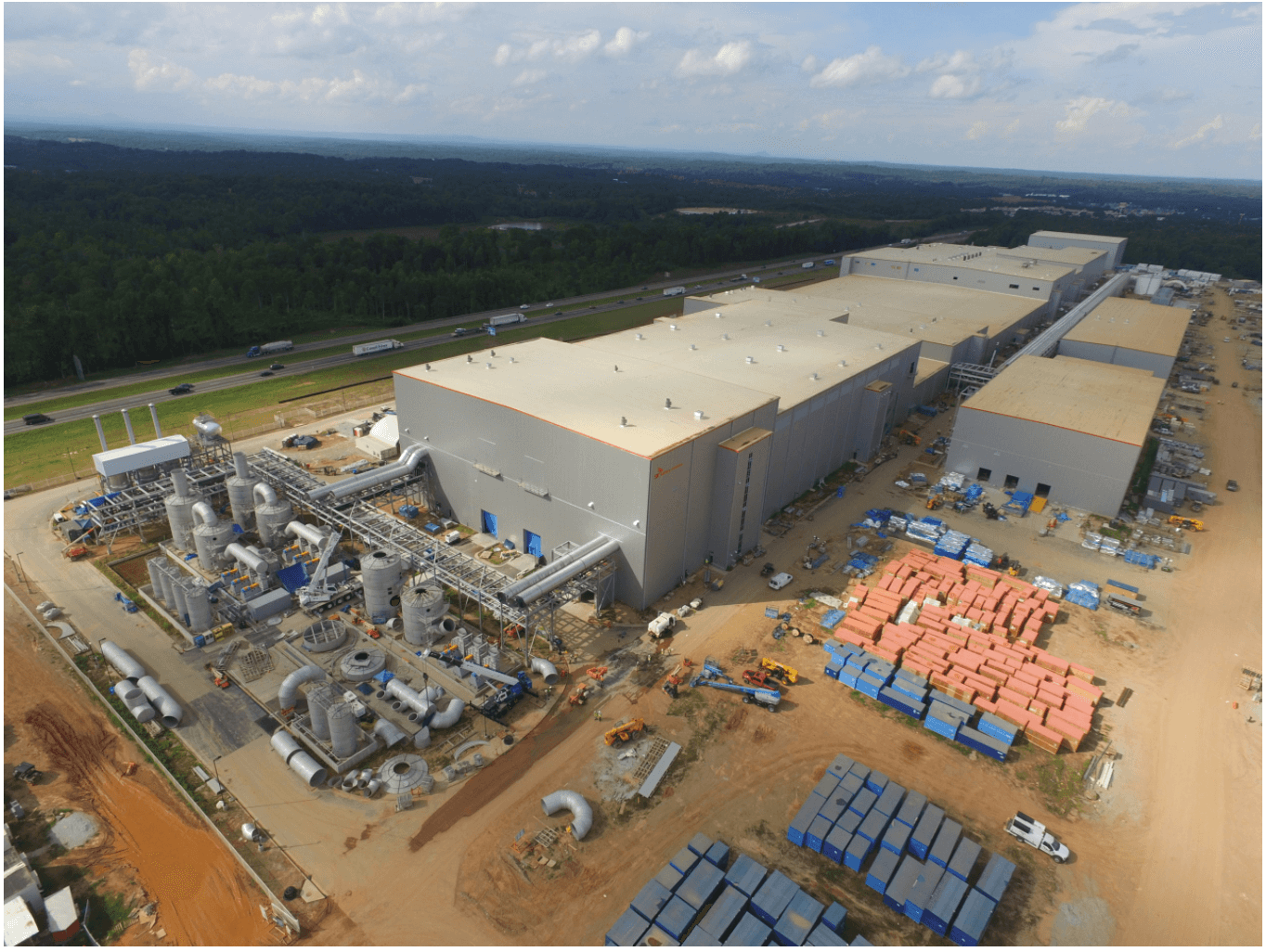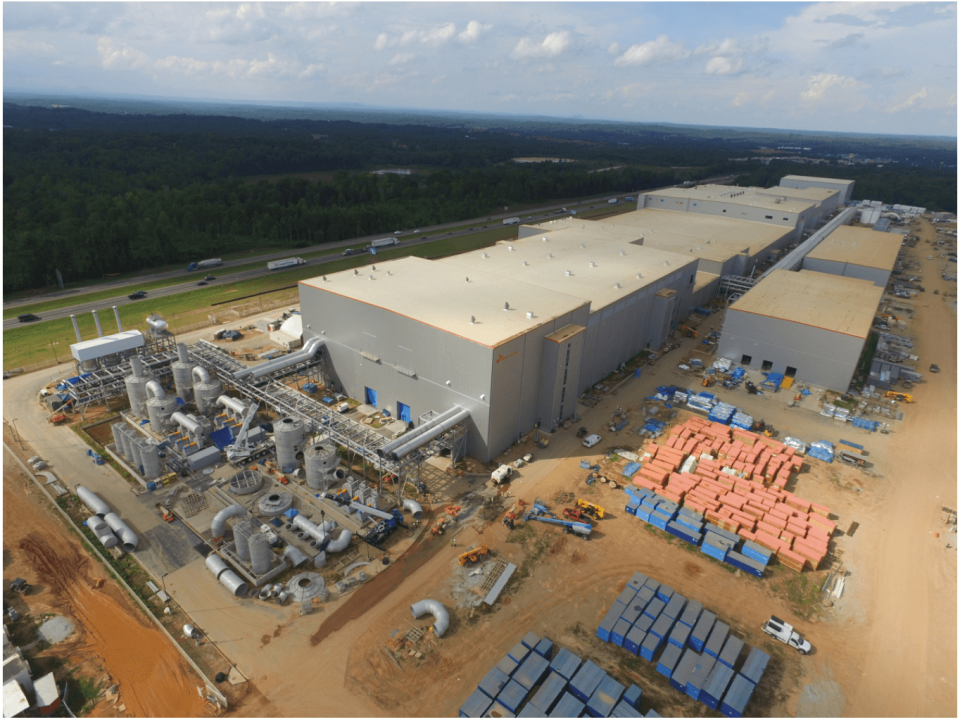
A final ruling against SK Innovation in a trade secrets case is throwing the long-term future of the Korean company’s $2.6 billion Georgia plant — and more than 2,600 planned jobs — into jeopardy.
In its decision, the U.S. International Trade Commission affirmed its earlier finding against SK, which rival LG Energy Solutions (formerly LG Chem) says stole its intellectual property by hiring away engineers, executives and other staff back in South Korea.
Last April, an ITC administrative law judge cited evidence that SK had deleted emails and other documents related to the case as the primary reason for an initial finding in favor of LG. The ITC hinted that other factors played into this week’s decision, though the full rationale is outlined in an opinion that remains sealed.
SK maintains that its battery designs were developed independently and are demonstrably unique, but the company never got the chance to make that case in an ITC hearing or trial.
The ruling could have major implications for the Georgia complex, where SK has already finished the first of two buildings, started on a second phase and hired more than 200 people. The company negotiated a $300.3 million incentives package with the state of Georgia and local governments, most of which is contingent upon hitting its job-creation numbers or maintaining operations on a site whose title is held by the Jackson County for 20 years.
The company now faces a cease-and-desist order and a limited exclusion order that bars it from importing the lithium-ion battery cells, packs and modules it needs to support production at the plant in Commerce for 10 years.
The judge did, however, allow for SK to import components to assemble in Georgia battery packs for the Ford F-150 and Volkswagen MEB program for four years and two years, respectively, to allow those auto makers time to “transition to another domestic supplier.” The judgment also allows SK to import parts needed to repair or replace Kia vehicles using SK products.
SK believes the ruling shows that the government sees real competitive harm in taking one of the few key EV battery suppliers out of the market at a time when auto makers are shifting rapidly toward electrification. SK has also argued that the federal government’s climate-change targets depend on getting more electric vehicles on the road.
But the company also believes the two- and four-year carveouts aren’t generous enough to meet its obligations to existing customers, given the extensive production ramp-up and testing time that battery makers usually need with new customers.
While the ITC case is now closed, the dispute enters a 60-day period during which President Joe Biden has the power to overturn the ITC’s ruling, either summarily or with a request for modifications to the remedies imposed.
If the president fails to act on SK’s behalf, it would have the chance to appeal the decision in federal court. The parties could also still settle the dispute out of court, nullifying the ITC ruling.
Georgia Gov. Brian Kemp, who visited SK Innovation during a 2019 trade mission to Korea, appealed to the president Friday on behalf of SK, warning of significant harm if the investment is imperiled, especially as the state aims to keep its economic engine humming amid a pandemic.
“President Biden and his administration also have the opportunity to support thousands of hardworking Georgians — and their communities — who would benefit from SK Innovation’s continued success in our state. I sincerely hope Georgia’s congressional delegation will join me in advocating for swift presidential action,” Mr. Kemp said.
Both sides have noted their openness to a settlement, most recently after the Korean prime minister called it “embarrassing” that the two sides couldn’t work out their differences. Chung Se-kyun said dragging out the fight would harm one of Korea’s strategic industries.
In its own statement announcing its victory in the ITC case, LG Energy Solutions said SK Battery’s contracts with automotive OEMs and its factory in Georgia were built on stolen technology.
“SKI’s total disregard of our warnings and intellectual property rights gave us no choice but to file this case and we are grateful to the International Trade Commission for protecting our innovations and significant economic investments in the United States,” said Jong Hyun Kim, CEO of LG Energy Solution, in a statement. “As a global leader and technology innovator, we will further strengthen the protection of intellectual property rights going forward.”
Already, some suppliers from Korea and elsewhere have begun to build multi-million-dollar plants to provide parts to SK Battery’s massive factory, which would constitute Georgia’s largest-ever foreign investment when fully built.


